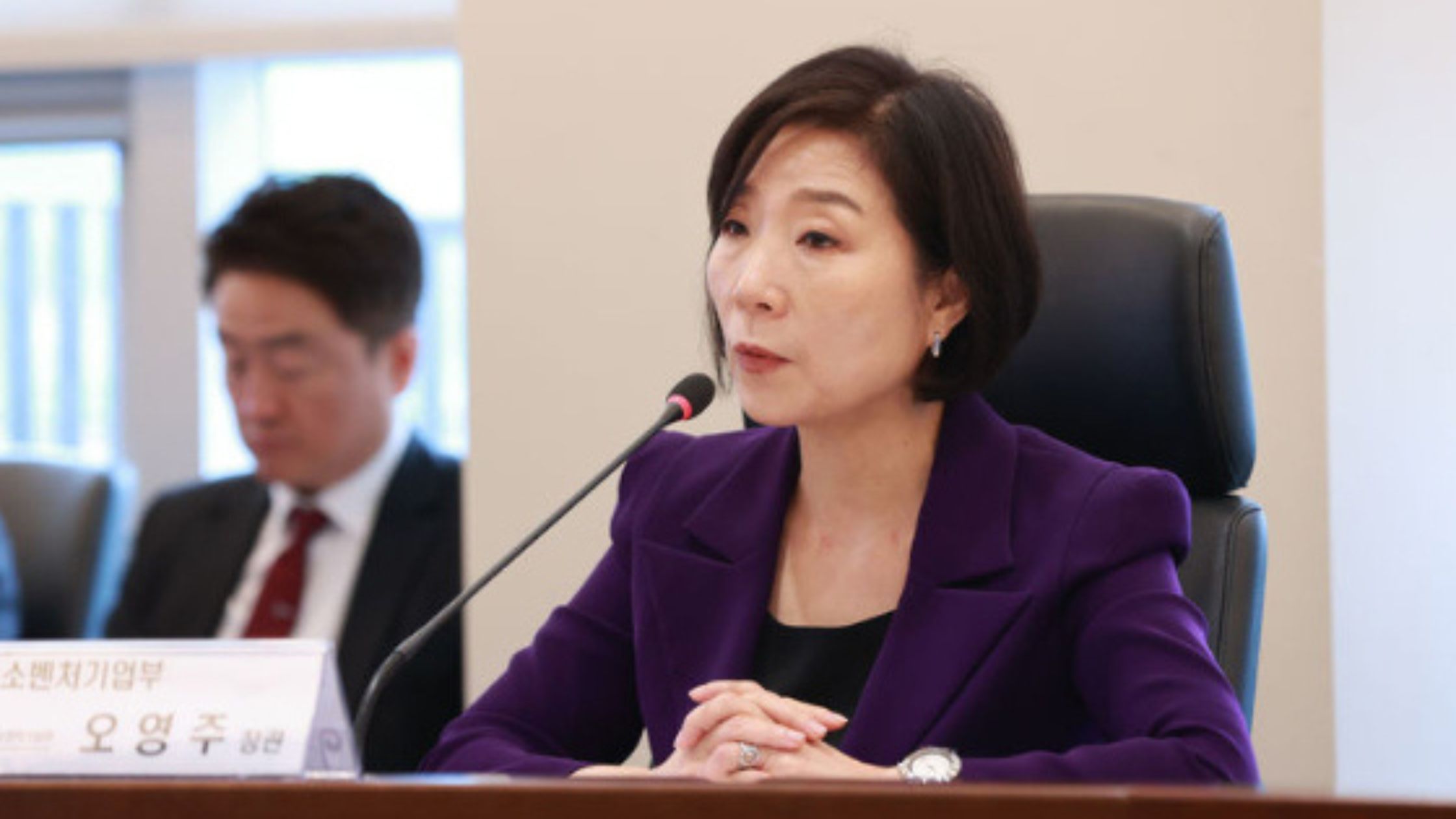AsiaTechDaily – Asia's Leading Tech and Startup Media Platform

US Plans Prohibition on Investments in Key Chinese Tech Sectors
The U.S. plans to enact a prohibition on private-equity and venture-capital investments in specific Chinese technology firms as part of an executive order set to be unveiled by the Biden administration. It intensifies Washington’s endeavors to impede Beijing’s advancement in technology tailored for military applications.
Sources suggest that the prospective U.S. restrictions on investment within China are expected to primarily impact companies that generate a minimum of half their revenue from pioneering sectors like quantum computing and artificial intelligence.
The White House is scheduled to outline the specifics of this strategy on Wednesday, encompassing not only the prohibition of certain American investments in sensitive Chinese technology but also mandating the notification of other investments.
By implementing these measures, the U.S. government endeavors to safeguard against the inadvertent support of technology that may contribute to China’s military capabilities, thus maintaining the integrity of U.S. national security interests.
Emphasizing a targeted approach, officials within the Biden administration have underscored for several months that any restrictions imposed on U.S. investment in China would be meticulously focused.
The anticipated executive order is expected to incorporate a revenue provision that would narrow the scope of its impact. This provision, in essence, would permit U.S. private equity and venture capital firms to channel their investments into larger Chinese conglomerates, particularly those with artificial intelligence divisions, as long as the majority of their revenue originates from sources outside of sectors like quantum computing and artificial intelligence.
“These measures are carefully tailored,” remarked National Security Adviser Jake Sullivan in April, refuting Beijing’s assertion that they amount to a ‘technology blockade.’ Emphasizing precision over breadth, U.S. Commerce Secretary Gina Raimondo concurred in March, underlining the administration’s intention to avoid excessive broadness that could inadvertently impact American workers and the economy.
Anticipated to target active investments encompassing U.S. private equity, venture capital, and joint ventures in China’s semiconductor, quantum computing, and artificial intelligence sectors, the executive order sets the stage for a strategic intervention amid the economic discord between the United States and China.
Sources suggest that a significant proportion of the investments the order covers will necessitate government notification, while certain transactions will face outright prohibition.
Recent efforts by the Biden administration have been geared toward easing tensions with China, involving dialogues led by Treasury Secretary Janet L. Yellen and other top officials with their Chinese counterparts.
The administration’s stance, as conveyed through recent speeches, aims to clarify that targeted actions against China are exclusively driven by a commitment to safeguard U.S. national security and not to cause harm to the Chinese economy.
Emily Benson from CSIS anticipates that the forthcoming measures may entail prohibitions on investments in artificial intelligence for military applications. She suggests that other investments in the AI sector could require government notification.
The executive order, expected to initiate the publication of a proposed rule-making notice, is unlikely to take immediate effect and is poised to incorporate a comment period for industry feedback before being finalized.
Read more from AsiaTechDaily:
- US-Based Ares Management to Acquire Singapore’s Crescent Point Capital
- China Extends Tax Incentives to Boost Tech Startup Investments and Innovation
- FreshToHome nets $104m in Series D led by Amazon Smbhav Venture Fund
- Global Brain sets up $39m fund with Meiji Yasuda Life Insurance Company
- Malaysia’s Gentari and BMW Forge Green Mobility Partnership with Renewable Energy Focus





